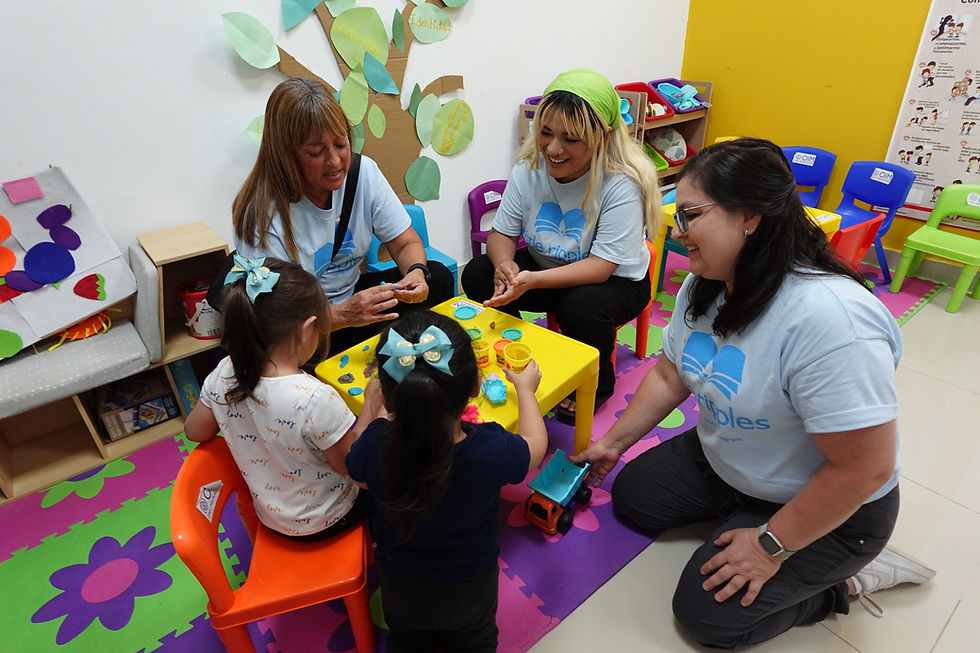The Power of Being Intentional
- Gabriel Stauring
- Oct 26, 2019
- 2 min read
Updated: Feb 19, 2024
My days here in Cameroon are incredibly intentional.
Lodging in a place with limited resources and amenities, my every use of resources must be intentional, and it is. I’m intentional about the amount of bottled water I consume for drinking, brushing my teeth, and dish washing; the amount of rain water or well-water I collect with buckets and use for bathing and flushing; the amount of soap I use so as not to run out, and the amount of food and snacks I eat daily to have enough for the duration of the trip. I intentionally keep my room clean and sweep away crumbs and bugs each day in order to avoid any unwelcomed critters such as spiders bigger than the size of my palm. I enter my room and my bathroom, every time, slowly and carefully to scan the room for aforementioned palm sized spiders. I calculate the amount of gigabytes I use on my phone so as not to burn through my expensive phone credit and lose my only access to Wi-Fi. This intentional use of phone data extends to which emails and photos I share, and how often and with whom I communicate.
I’m intentional about how I greet the people I encounter each day; my tone, my facial expressions and the amount of time spent with each person.

Joel is the son of Kossini. Kossini is one of our Little Ripples teachers. Joel was our wingman during the training. He barely left our side, or his soccer ball, as we facilitated the training.
These intentional acts are also present in the work we do here every day with JRS as we facilitate Little Ripples Teacher Training. Every component of our training is presented with intention. Every word, every module, every activity, every pause, every smile, every educational material, every instance of fun and laughter, and every moment we choose to listen is intentional for the participant. So, too, is the simplicity and adaptability of the training and curriculum. It has been intentionally designed to be simple and adaptable in order to meet the unique needs and opportunities found within each group of participants we train and children we support in refugee settings around the world. Our training, and how we do our work, is an experience iACT has developed through years of practice and care, and with compassion and empathy.

Traca, iACT‘s Mindfulness Advisor and my amazing teammate on this trip, leading the group in mindful walking.
There’s also the greater intention I hold on behalf of iACT every day in being here in Cameroon. We are here to reimagine the way early childhood education is designed and delivered with refugee communities globally, and to prioritize and improve early childhood education in partnership with communities affected by humanitarian crisis.


